

Tao Te Ching
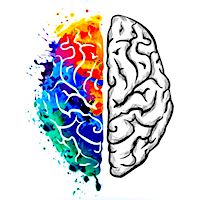
Creativity
Creativity comes from breaking through status quo and cultural fences made from group-serving moralities and in-vogue values. Much of our genetic inheritance thwarts this kind of approach though. Humans evolved in harsh and threatening environments where acceptance by a group was essential to survival. Part of our emotional inheritance from this creates fear, anxiety, and conformity when we venture beyond what our society or social order considers acceptable. This deep need for approval creates barriers to creative thinking and entices us back into the Faustian bargain of trading our individuality for acceptance, positive regard, and fame. Often a creative book, song, or invention catapults someone into a kind of fame and adulation that chokes off and corrupts their creative process into “one-hit wonders,” impressive debut novels that only lead to follow-up flops, and inspired innovations going forward into only hackneyed continuations. For these reasons, many of history’s prime movers like have remained in relative obscurity using pseudonyms and anonymity. Arthur Schopenhauer wasn’t “religious” at all but was devoted to one prayer: that he not become famous in his lifetime.
The willingness to be different is a key to creativity. While conformance to the dictates of status quo, religious dogma, cultural and political norms build fences around it; anonymity, pseudonyms, and a devotion to truth create gates. While most have at least the illusion of being able to choose being different and creative over conforming and being the same as everyone else; many don't have that choice. Gay people, prostitutes, unaccepted minorities, and followers of disfavored political, religious, and cultural traditions; these are already defined as "different" so it's often easier for them to go a little further in that direction.
See also Imagination
Quotes (92)
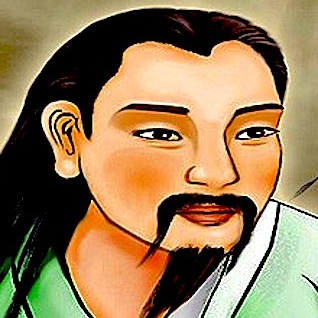
“Yin, the receptive, earth above; Yang, the creative, heaven below: This hexagram denotes a time in nature when heaven seems to be on earth. Heaven has placed itself beneath the earth and so their powers unite in deep harmony. Then peace and blessings descend upon all living things.”
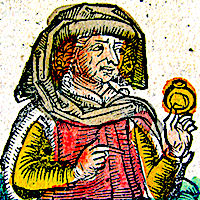
“A new idea is delicate. It can be killed by a sneer or a yawn; it can be stabbed to death by a quip and worried to death by a frown on the right man's brow.”

“Don’t dwell in appearances, be bounded by or settle into any place but rest from the remnants of conditioning and reach the limit in all directions illuminating fully what is before you as awakening blossoms.”

“We are all meant to be mothers of God...for God is always needing to be born.”
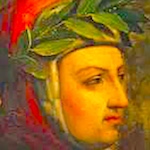
“There is no lighter burden, nor more agreeable, than a pen. Other pleasures fail us, or wound us while they charm; but the pen we take up rejoicing, and lay down with satisfaction for it has the power to advantage many others, even though they may not born for thousands of years to come”
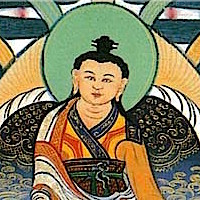
“Creative imagination resolves duality into unity and spontaneity, illuminates the ultimate meaning of life, and establishes meaningful being in the now.”
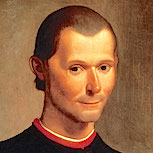
“The envious nature of men, so prompt to blame and so slow to praise, makes the discovery and introduction of any new principles and systems as dangerous almost as the exploration of unknown seas and continents”

“As the births of living creatures are at first ill-shapen, so are all Innovations... every medicine is an innovation and those who will not apply new remedies must expect new evils, for time is the greatest innovator.”
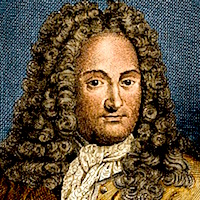
“The means of obtaining as much variety as possible, but with the greatest possible order...is the means of obtaining as much perfection as possible.”
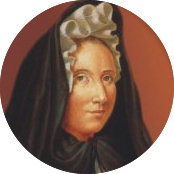
“I have never found any who prayed so well as those who had never been taught how”
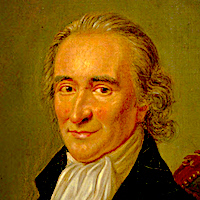
“There are two distinct classes of what are called thoughts: those that we produce in ourselves by reflection and the act of thinking, and those that bolt into the mind of their own accord”

“Thus, the task is not so much to see what no one yet has seen, but to think what nobody yet has thought about that which everybody sees.”
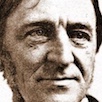
“innovation is always in the right, triumphant, attacking and sure of final success”
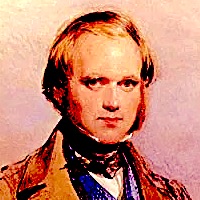
“In the long history of humankind (and animal kind, too) those who learned to collaborate and improvise most effectively have prevailed.”
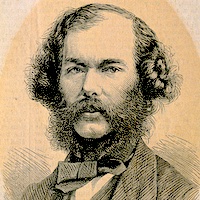
“The discoverer and the poet are inventors; and they are so because their mental vision detects the unapparent, unsuspected facts, almost as vividly as ocular vision rests on the apparent and familiar.”

“such originality as we all share with the morning and the springtime and other endless renewals.”
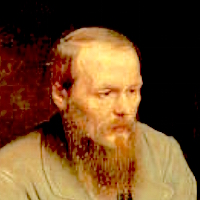
“an original is in most cases the very essence of what is particular and apart from the commonalty”
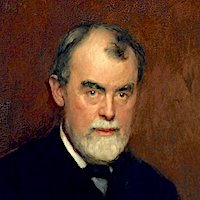
“all the noblest arts hold in perfection but for a very little moment. They soon reach a height from which they begin to decline... for an art is like a living organism—better dead than dying. There is no way of making an aged art young again; it must be born anew and grow up from infancy as a new thing, working out its own salvation from effort to effort in all fear and trembling.”

“The chance reading of a book or of a paragraph in a newspaper, can start a man on a new track and make him renounce his old associations and seek new ones that are in sympathy with his new ideal; and the result for that man, can be an entire change of his way of life.”

“Life is like playing a violin solo in public and learning the instrument as one goes on.”
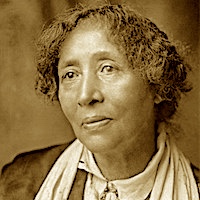
“The reinvention of daily life means marching off the edge of our maps.”
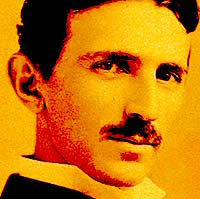
“I do not think there is any thrill that can go through the human heart like that felt by the inventor as he sees some creation of the brain unfolding to success . . . Such emotions make a man forget food, sleep, friends, love, everything.”
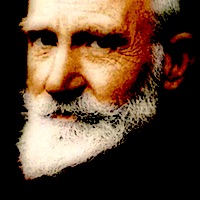
“Some men see things as they are and ask why. Others dream things that never were and ask why not.”
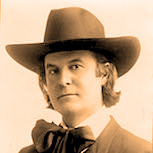
“New Thought offers you no promise of paradise or eternal bliss... All it offers is unending work, constant effort, new difficulties; beyond each success is a new trial.”
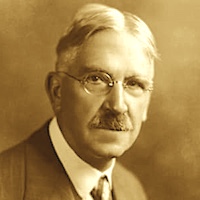
“Conflict stirs us to observation and memory, instigates invention, shocks us out of sheep-like passivity, and sets us at noting and contriving…conflict is a sine qua non of reflection and ingenuity.”
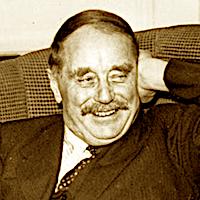
“The devil in the American world drama may be mercantilism, ensnaring, tempting, battling against my hero, the creative mind of man”
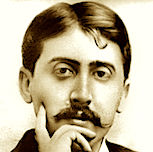
“The only way to attack language is to attack it... there are no certainties, even grammatical ones... Every writer is obliged to create his own language, as every violinist is obliged to create his own 'tone'... they begin to write well only on condition that they're original, that they create their own language... only that which bears the imprint of our choice, our taste, our uncertainty, our desire and our weakness can be beautiful.”

“Everything great in the world comes from neurotics. They alone have founded our religions and composed our masterpieces. Never will the world know all it owes to them nor all that they have suffered to enrich us.”
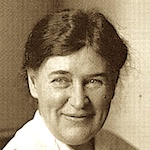
“The condition every art requires is, not so much freedom from restriction, as freedom from adulteration and from the intrusion of foreign matter, considerations and purposes which have nothing to do with spontaneous invention.”

“There is rarely a creative man who does not have to pay a high price for the divine spark of his great gifts... the human element is frequently bled for the benefit of the creative element... ruthless, naive egoism, vanity, all kinds of vices—and all this in order to bring to the human "I" at least some life-strength, since otherwise it would perish of sheer inanition.”

“The daimon of creativity has ruthlessly had its way with me... When the daimon is at work, one is always too close and too far. Only when it is silent can one achieve moderation.”
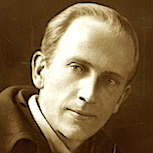
“One of the advantages of being disorderly is that one is constantly making exciting discoveries.”
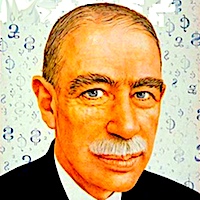
“Difficulty lies not in the new ideas, but in escaping from the old ones.”
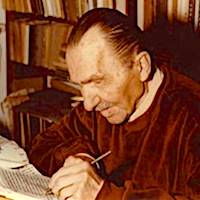
“to use words; that is to convert an inner surge into immobility. Every word is an adamantine shell which encloses a great explosive force. To discover its meaning you must let it burst inside you like a bomb and in this way liberate the soul which it imprisons.”
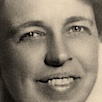
“I think, at a child's birth, if a mother could ask a fairy godmother to endow it with the most useful gift, that gift would be curiosity.”
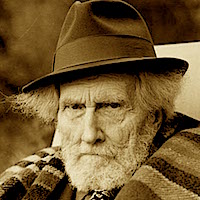
“The artist is always beginning. Any work of art which is not a beginning, an invention, a discovery is of little worth.”

“Usually a supreme artist is the culmination of a tradition [and] his very superiority fulfills and exhausts development so that after him must come a period of helpless imitation and decline. Then slowly a new tradition grows...”
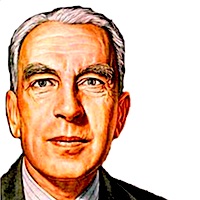
“It is difficult rather than easy conditions that produce achievements… where life was easy, natives remained primitive… the harder a time a country has had, the more brilliant its record as an originator of civilization.”

“For the truly creative mind in any field is no more than this — a human creature born abnormally, inhumanly sensitive— a touch is a blow, a sound is a noise, a misfortune is a tragedy, a joy is an ecstasy, a friend is a lover, a lover is a god, and failure is death... He must create. He must pour out creation. By some strange unknown pressing inward urgency he is not really alive unless he is creating.”
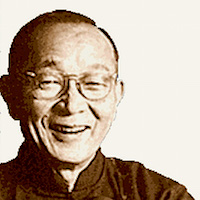
“God never made a more perfect creature than Ben Franklin... Above all, he had a clear mind, and it was from that clear, equitable temper of mind that the warm glow of humor and serenity flowed through his writings... he always knew what he wanted and was happy about it... Above all, his was always a searching mind. If anything, he was original.”
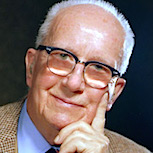
“You never change things by fighting the existing reality. To change something, build a new model that makes the existing model obsolete.”
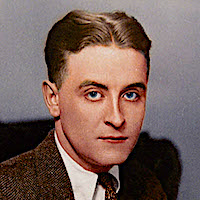
“Even if, deep in my heart, I thought we were all blind atoms in a world as limited as a stroke of a pendulum, I and my sort would struggle against tradition; try, at least, to displace old cants with new ones.”
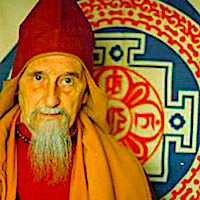
“If we speak of evolution, it an only mean the gradual unfolding in time of what is potentially present but has not yet stepped into visible or tangible reality... If we can see the causal connections, we speak of evolution. If the process occurs spontaneously, we speak of mutation.”
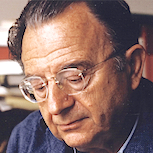
“Most people die before they are fully born. Creativeness means to be born before one dies.”
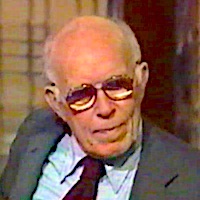
“Without diversity, freedom is but an empty word... Human beings are not really free and cannot be fully creative if they do not have many options from which to choose.”
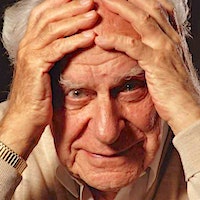
“New ideas have a striking similarity to genetic mutations... they are also probabilistic and not in themselves originally selected or adequate, but on them there subsequently operates natural selection which eliminates inappropriate mutations. Now we could conceive of a similar process with respect to new ideas and to free-will decisions, and similar things.”
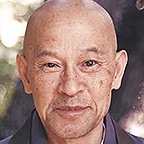
“When you try to do something, you lose it because you are concentrated on one out of 1000 hands - you lose 999.”
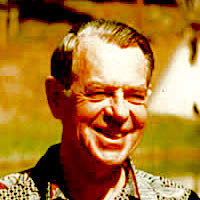
“The idea of the supernatural as being something over and above the natural is a killing idea. In the Middle Ages this was the idea that finally turned that world into something like a wasteland, a land where people were living inauthentic lives, never doing a thing they truly wanted to because the supernatural laws required them to live as directed by their clergy.”
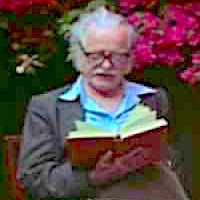
“Against the ruin of the world, there is only one defense—the creative act.”

“We may say, therefore, that modern has deprived man of the kind of work that he enjoys most, creative, useful work with hands and brains, and given him plenty of work of a fragmented kind, most of which he does not enjoy at all…we might do well to take stock and reconsider our goals.”
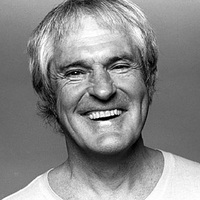
“Creativity and mental excellence will become the ethical norm. The world will be too dynamic, complex, and diversified, too cross-linked by the global immediacies of modern (quantum) communication, for stability of thought or dependability of behavior to be successful.”

“If you have no personal history, no explanations are needed; nobody is angry or disillusioned with your acts. And above all no one pins you down with their thoughts.”
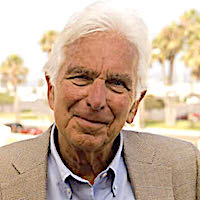
“There are two ways of being creative. One can sing and dance. Or one can create an environment in which singers and dancers flourish.”
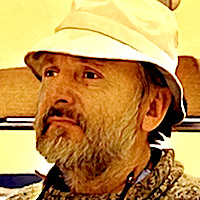
“One thing about pioneers that you don’t hear mentioned is that they are invariably, by their nature, mess-makers.”
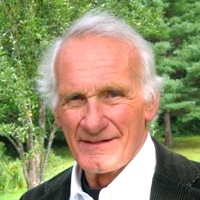
“Deviation is antisocial and therefore forbidden by society under a variety of sanctions... Deviancy, however, is the very essence of culture. Whoever merely follows the script, merely repeating the past, is culturally impoverished.”
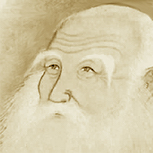
“It’s not the tradition that someone follows that makes them wise; but instead, the ability to see and go beyond that same tradition.”
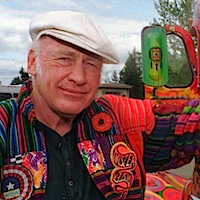
“Leary can get a part of my mind that's kind of rusted shut grinding again... we had discovered something as surprising and powerful as the New World when Columbus came stumbling onto it. People like Leary have done the best they can to chart it sort of underground, but the government and the powers do not want this world charted, because it threatens established powers. It always has.”

“It is the time where we partner with Creation in the creation of ourselves, in the restoration of the biosphere, the regenesis of society and in the assuming of a new type of culture; the culture of Kindness.”
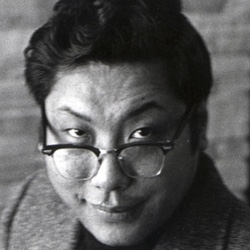
“Death could be said to be birth at the same time… The moment something ends, the next birth takes place naturally. So death is the re-creating of birth.”

“Leave your stepping stones behind, something calls for you. Forget the dead you've left, they will not follow you... Strike another match, go start anew.”
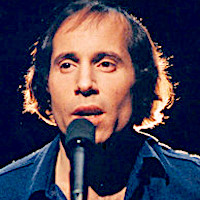
“My whole artistic life has always been about change, change, change, move on, move on. It's the only thing I find interesting.”
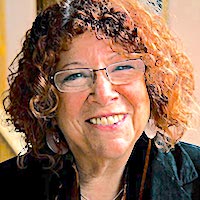
“The things we fear most in organizations—fluctuations, disturbances, imbalances—are the primary sources of creativity.”
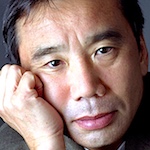
“Instead of a stable truth, I choose unstable possibilities. I choose to surrender myself to that instability.”

“I reach a point where, in a realm I cannot even give a name to, I conceive a dream, a sightless fetus called understanding, floating in the universal, overwhelming amniotic fluid of incomprehension.”
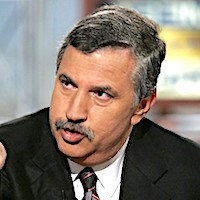
“America is the greatest engine of innovation that has ever existed, and it can't be duplicated anytime soon, because it is the product of a multitude of factors: extreme freedom of thought, an emphasis on independent thinking, a steady immigration of new minds, a risk-taking culture with no stigma attached to trying and failing”
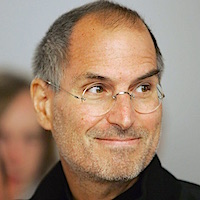
“If Apple is going to succeed, we're going to win on innovation And you can't win on innovation unless you have a way to communicate to customers.”
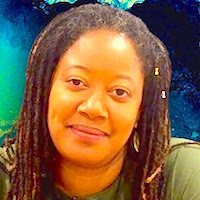
“Imagining a world creates it, if it isn't already there. That's the great secret of existence: it's supersensitive to thought. Decisions, wishes, lies—that's all you need to create a new universe.”
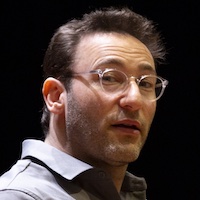
“It is an infinite-minded player's appreciation for the unpredictable that allows them to make these kinds of changes. Where a finite-minded player fears things that are new or disruptive, the infinite-minded player revels in them.”

“the more financial analysts who cover a company, the less innovative the company.”
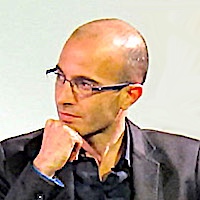
“We don't usually spend a lot of time thinking about needles, but they were one of the most important inventions in history. If ancient Sapiens hadn't invented needles, they probably couldn't have reached America.”
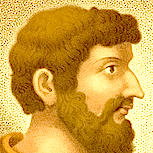

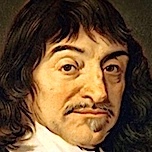
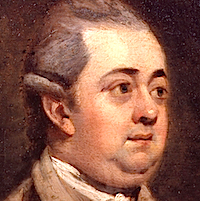
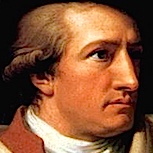


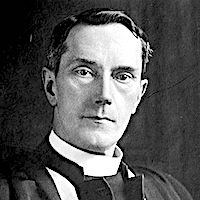

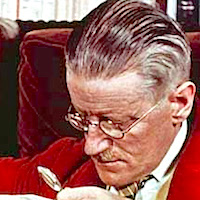



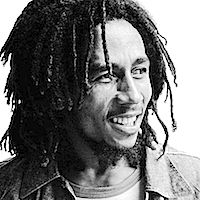
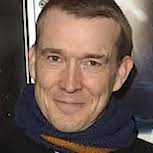
Comments (0)